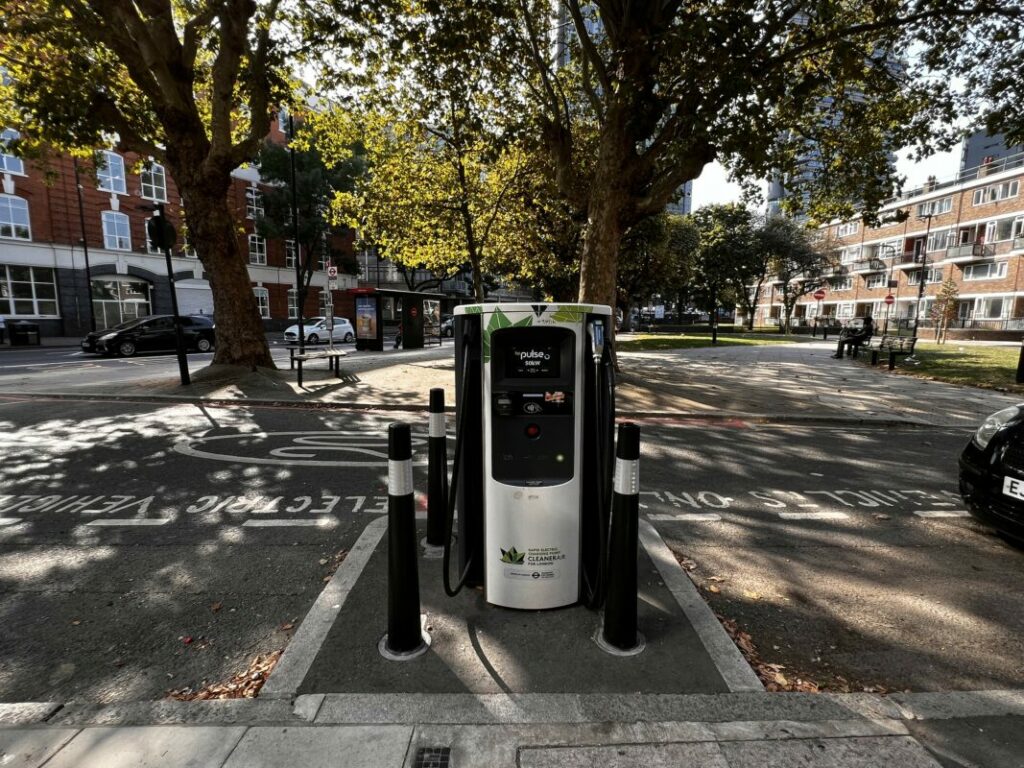Analysis from Cornwall Insight shows that electric vehicle (EV) growth in the UK is lagging behind most of Europe at only half the growth of the EU average.
The news comes after Prime Minister Rishi Sunak announced the rollback of the 2030 cutoff for the sale of Internal Combustion Engine (ICE) cars to 2035. Cornwall Insight says the U-turn could “further damage” EV sales growth.
Cornwall Insight and law firm Shoosmiths’ Electric Vehicle Country Attractiveness (EVCA) Index, reveals that from July 22 to July 23, UK EV sales growth was one of the slowest of the major European countries at only 31%, roughly half the 60.6% growth seen across the 27 EU states.
The quarterly report maps the relative attractiveness of major European nations for investment in EVs. It found that ‘range anxiety’ and the lack of public chargepoints were contributing to slower growth. The UK has a ratio of 11.3 EVs to every publicly accessible chargepoint.
Cuts to EV buying incentives, including to the subsidy scheme to help with the purchase of passenger EVs, known as the Plug-in Grant, were slowing down sales in the UK. Higher inflation and electricity prices in the UK than other countries also contributed to the slower growth, the report says.
Figure 1 – BEV sales growth, Q322 – Q223
Source: The European Automobile Manufacturers Association (ACEA)
Jamie Maule, research analyst at Cornwall Insight, said: “Despite strong progress, the UK could now be at risk of falling behind much of Europe in the transition to Electric Vehicles. While we are still seeing growth, the removal of incentives, infrastructure delays and wider policy uncertainty remain significant hurdles for EV expansion in the UK.”
“The announcement by the Prime Minister to delay the ban of petrol and diesel vehicles has compounded the challenges casting uncertainty over the UK’s EV market. This threatens to erode the country’s momentum in shifting away from traditional fossil fuel cars. Only by reaffirming our commitment to EV infrastructure growth, bolstering incentives, and rekindling investor and consumer confidence, can the UK reclaim lost ground and position itself among the leading nations in Europe for EV adoption,” Maule added.
Chris Pritchett, energy and infrastructure partner at Shoosmiths, commented: “OEMS and chargepoint operators are investing billions in the electric transition and progress has been rapid, but the government’s screeching U-turn on policy threatens new investment into the UK’s wider green industry, whether it’s vehicle production, battery and semi-conductors, lithium extraction or facilities to deal with end-of-life batteries. More importantly, it frames net zero as a political wedge issue ahead of the election which is clearly (and unforgivably) aimed at dividing the consensus on meaningful climate action.”
Current± publisher Solar Media is hosting its EV World Congress event in London this 10-11 October. The conference will focus on some of the key discussion points from across the EV sector including delivering coherent EV charging strategies, whether the UK is on course for its 2030 charging target, vehicle-to-grid (V2G) technology and more. More information, including how to attend, can be read here.






